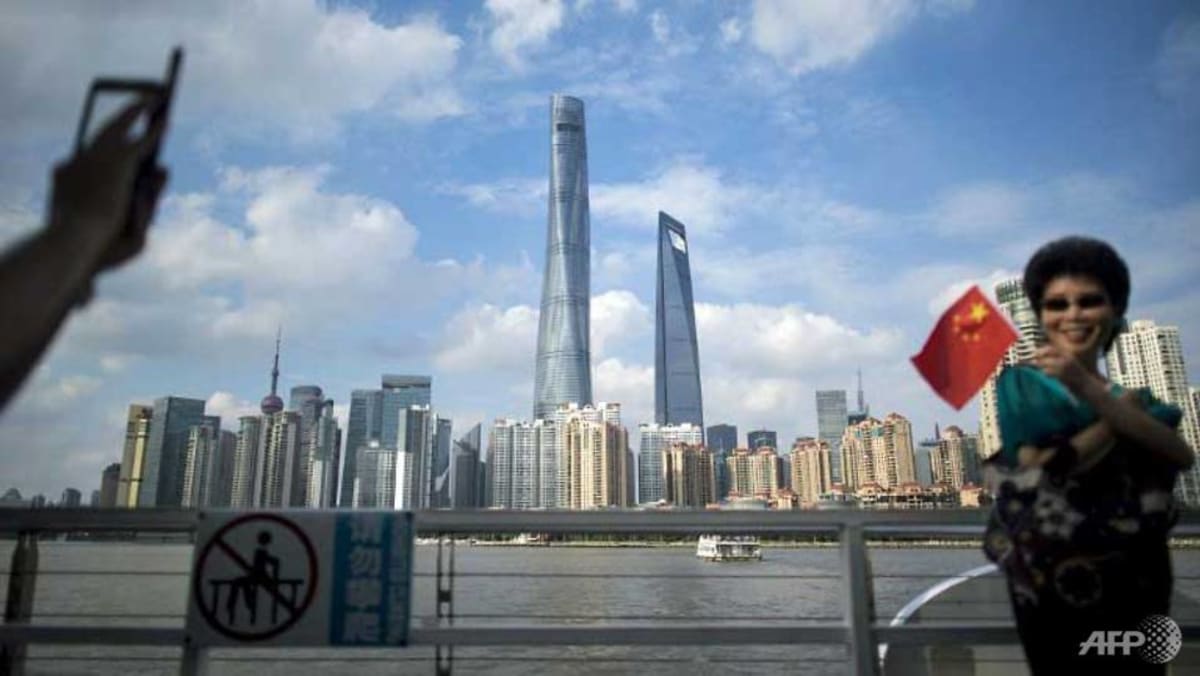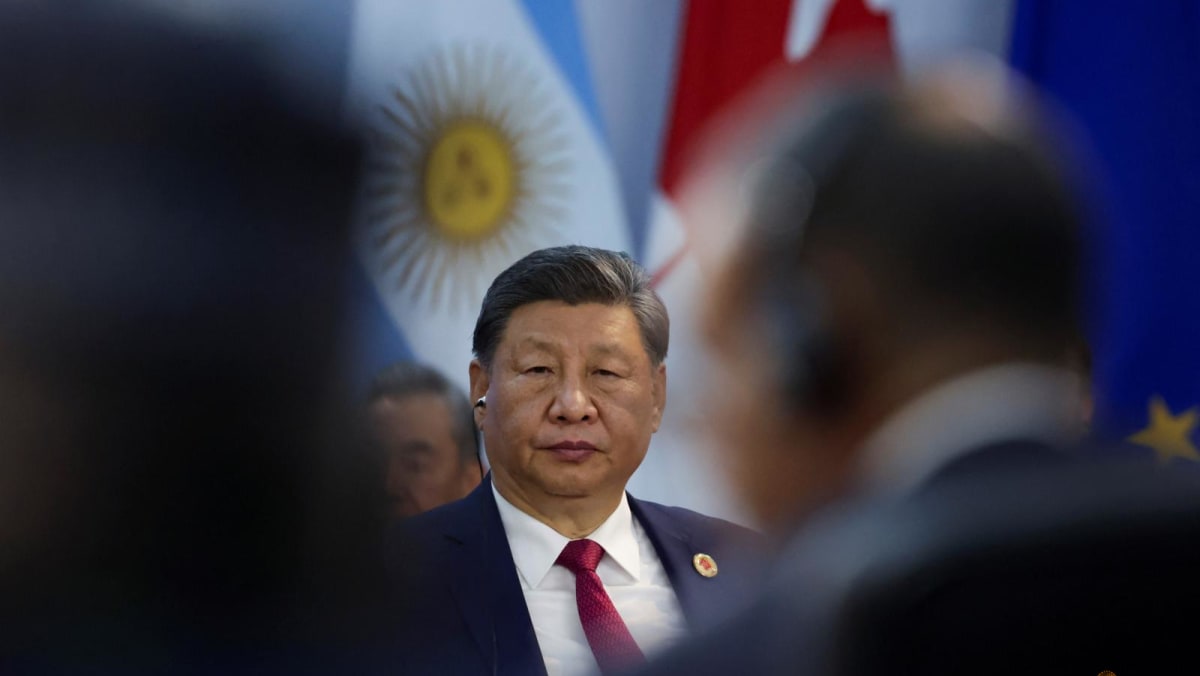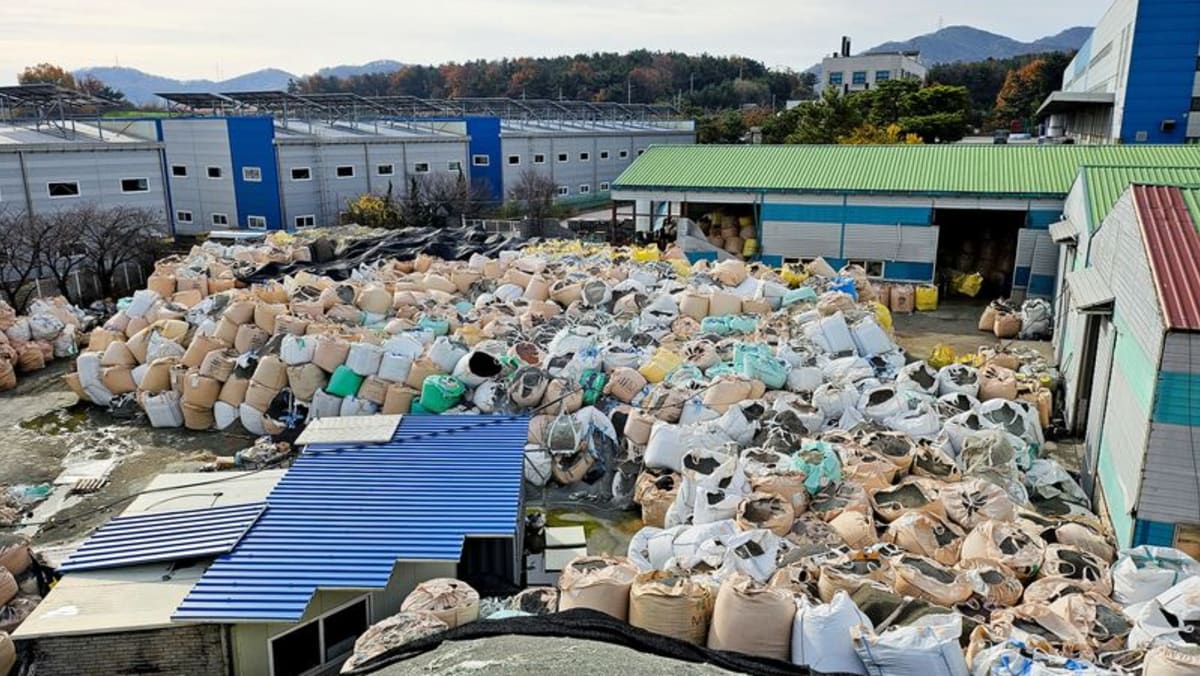Record number of graduates set to enter China’s workforce amid economic headwinds

YOUTH UNEMPLOYMENT
In his latest government work report, Chinese Premier Li Qiang called for a multi-pronged approach to stabilise the employment market, which reported a 5.2 per cent jobless rate in 2023.
The spotlight is also on youth unemployment. In December last year, official figures show that 14.9 per cent of those aged between 16 and 24 were jobless.
The government’s target for economic growth in 2024 is set at an expansion of about 5 per cent. The nation aims to create more than 12 million new urban jobs this year, and keep the jobless rate at about 5.5 per cent.
Authorities are under pressure to create more jobs, but jobseekers are worried about a shrinking pool of employment opportunities in a sluggish economy catering to the world’s second largest population.
“There may be only so many positions available in the market, but there are often more applicants than positions,” said a student who is set to graduate soon. “With a large population in China, many people end up competing for the same job, which inevitably leads to intense competition.”
Another soon-to-be-graduate said: “I feel that there’s a bit of a disconnect between the education provided by schools and what’s needed in society. Perhaps it’s because society is developing too quickly, and some of the knowledge taught in schools is still quite outdated.”
ECONOMIC HEADWINDS AHEAD
Jobseekers will be up against domestic and external economic headwinds, said analysts. Internally, many sectors are still under pressure from a steep slowdown in China’s real estate market.
Some blame the oversupply of university graduates for the challenging labour market situation. In 2022, the number of new graduates entering the job market crossed the 10-million mark for the first time.
Some observers said there is still room for more highly educated workers, but jobs need to be created and firms must be ready to hire them.
“I still wouldn’t reach the conclusion that China is way over-educated by this point, because we still need more university graduates,” said Hang Seng Bank (China) chief economist Dan Wang.
“But how can you create an environment where companies feel comfortable to take in those fresh graduates and train them in order to prepare them for future jobs? That’s a problem.”
Aside from a sluggish economy, policies that pursue new growth drivers such as digitalisation and automation have made some workers vulnerable, said experts.
A 2018 report by consultancy PwC said AI and related technologies could displace around 26 per cent of existing jobs in China over the next two decades.
“We can see that the policies are not effective enough to offset the changes and impact from the technological revolution in the industries,” said Dr Chen Gang, deputy director and senior research fellow at the National University of Singapore’s (NUS) East Asian Institute.
“The government has been caught in a dilemma – on one hand, it has been trying to promote high technology and AI in all kinds of production automation activities, but on the other hand, this kind of technological improvement has also caused huge losses of employment opportunities and income.”
Source: CNA














